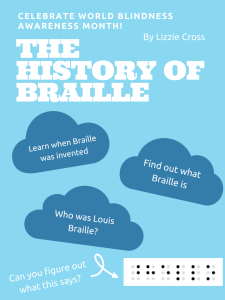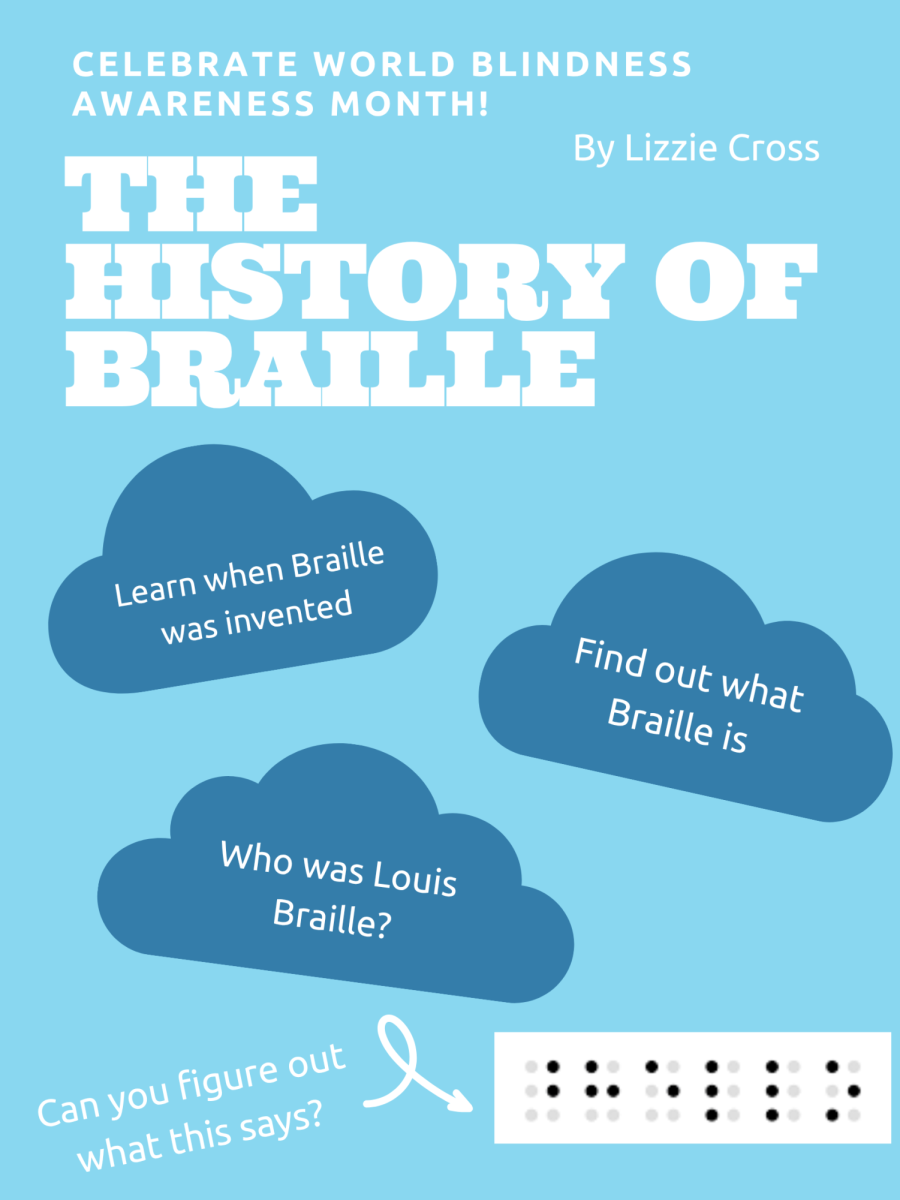AI has slowly been ingraining itself into our culture for the past few years, from the release of large language models such as ChatGPT, to Google Gemini providing summaries of answers for nearly every search inquiry. With this increase in artificial intelligence, especially its prevalence in helping students cheat on essays and tests, it is important to consider its place in the classroom– if it belongs there at all.
A compilation of data provided by Campbell University shows a growing trend in students using AI for help with assignments and studying. For example, a Chegg survey was conducted for a group of over 11,000 students, and showed that 80% of students across 15 countries use AI models to help support their studies. From another survey by the University of Illinois, AI is usually used by these students for writing assistance, time management, or study aids.
Even with this, though, debate has been raised over the ethics of AI usage. Critics insist that valuable information may not be retained through AI use, that it may make students “lazy”, or simply that it is not ethical to use a computer to do all your work for you, especially in higher education. In a study performed by the University of California, Davis, responders were asked certain questions about whether AI would be considered ethical by them in certain scenarios. 90% of students said that directly quoting AI in order to complete an assignment would be unethical. In the earlier Chegg survey mentioned, 53% of students expressed fears over AI responses not being factual, or containing incorrect information, which is another common concern.
Clearly, these surveys show that there is a delicate balance among students, and that opinions vary. This can even be seen in our own school—while one student may be perfectly okay with using AI for nearly every assignment, another may avoid AI entirely. But, these opinions may conflict with another, unexpected party: teachers.
Teachers, professors, and faculty members have been starting to incorporate AI usage into their own assignments. Whether by generating instructions for students, using AI-generated images, or even encouraging students to use AI themselves, a general increase has been observed. In the earlier University of Illinois survey, 13% of students reported their instructors required AI usage in certain classes or courses.
So, what does all of this mean? These surveys indicate multiple things: for one, students more often use AI to supplement their learning, rather than using it to cheat. Along with that, it shows that students are aware of ethical concerns, and don’t view the issue as entirely black-and-white. Finally, teachers see some use in AI, and are willing to use it in assignments, even encouraging students to use it as well. Slowly, AI is becoming more and more accepted in our learning environments. Even at Catoctin, teachers may encourage students to use AI for help. This is a major change from when large language models were first introduced to the public at large. Even then, it is a broad spectrum, and while one student or staff member may be okay with it, another may not.
No matter what data or surveys report, though, it is important to make your own decisions about AI usage. While the information presented here is done so as impartially as possible, it should not be the only article you should consult if you are deciding whether or not to use AI. There are significant studies on the environmental, cultural, and ethicality of AI, and it is important to look into more than one source for information. But, next time you consult ChatGPT, or use Grammarly AI to proofread your assignment, think to yourself: are you relying on AI too much? Or not enough?
Works Cited:
https://www.digitaleducationcouncil.com/post/digital-education-council-global-ai-faculty-survey
https://www.dataversity.net/articles/a-brief-history-of-large-language-models/
https://www.ibm.com/think/topics/large-language-models
https://ucdavis.app.box.com/s/sg51tudve0cvr3g8mfbrzv7h1fnl86q9
https://learning.uic.edu/news-stories/report-on-student-attitudes-towards-ai-in-academia/







































